The blistering heat and cloudless skies of last week are all but a distant memory now.
Torrential rain on Saturday and again on Sunday has caused severe flooding and waterlogging in many parts.
It seems that the country was hit in a diagonal from the southeast to the northwest.
Monsoon-like downpours
Farmers in the southwest seem to have escaped the worst of the rain that saw over 40mm falling in monsoon-like downpours in many other locations.
Dealing with the aftermath is the task facing farmers now.
The first thing I think that should be done is to increase the concentrate feeding level.
Grass dry matter will be very low and grass intakes will be suppressed when ground conditions are poor.
Settled
Feeding 3kg to 4kg of meal in the parlour will help to keep cows settled over the coming days.
Grazing conditions are extremely difficult where there was heavy rain.
In some cases, particularly on heavy farms, there will be no other option but to house animals.
This is not the end of the world, nor is it necessarily the start of winter.
There will still be an opportunity to graze again before the year is out.
Positive mindset
Keeping a positive mind is important during these challenging times – something each of the farmers in the Teagasc Heavy Soils Project say is critical.
Housing will be without question necessary in some cases, but there are things farmers can do to avoid having to house in other cases.
On/off grazing, grazing the highest and driest fields, allocating grass in 12-hour breaks and making use of all roadways will help to reduce damage.
House hygiene
If housing is the only option, hygiene in the shed will be key to avoiding mastitis.
Cubicles should be scraped down and limed after every milking. Run scrapers or clean passages every few hours.
Keeping passages clean is essential in the fight against mastitis, as clean passages lead to cleaner cubicle beds.
When feeding silage to milking cows, feed the best of what’s available.
Depending on silage quality, extra meal might be required in order to cushion the drop in protein.
However, this advice is geared towards farmers who have had very heavy rain.
I’m conscious that many farmers in parts of north Tipperary, Laois, Limerick, Clare and south Galway have escaped with only moderate rainfall.
Read more
Strong start to heifer sales
The west’s awake: large-scale dairy operation in Roscommon
The blistering heat and cloudless skies of last week are all but a distant memory now.
Torrential rain on Saturday and again on Sunday has caused severe flooding and waterlogging in many parts.
It seems that the country was hit in a diagonal from the southeast to the northwest.
Monsoon-like downpours
Farmers in the southwest seem to have escaped the worst of the rain that saw over 40mm falling in monsoon-like downpours in many other locations.
Dealing with the aftermath is the task facing farmers now.
The first thing I think that should be done is to increase the concentrate feeding level.
Grass dry matter will be very low and grass intakes will be suppressed when ground conditions are poor.
Settled
Feeding 3kg to 4kg of meal in the parlour will help to keep cows settled over the coming days.
Grazing conditions are extremely difficult where there was heavy rain.
In some cases, particularly on heavy farms, there will be no other option but to house animals.
This is not the end of the world, nor is it necessarily the start of winter.
There will still be an opportunity to graze again before the year is out.
Positive mindset
Keeping a positive mind is important during these challenging times – something each of the farmers in the Teagasc Heavy Soils Project say is critical.
Housing will be without question necessary in some cases, but there are things farmers can do to avoid having to house in other cases.
On/off grazing, grazing the highest and driest fields, allocating grass in 12-hour breaks and making use of all roadways will help to reduce damage.
House hygiene
If housing is the only option, hygiene in the shed will be key to avoiding mastitis.
Cubicles should be scraped down and limed after every milking. Run scrapers or clean passages every few hours.
Keeping passages clean is essential in the fight against mastitis, as clean passages lead to cleaner cubicle beds.
When feeding silage to milking cows, feed the best of what’s available.
Depending on silage quality, extra meal might be required in order to cushion the drop in protein.
However, this advice is geared towards farmers who have had very heavy rain.
I’m conscious that many farmers in parts of north Tipperary, Laois, Limerick, Clare and south Galway have escaped with only moderate rainfall.
Read more
Strong start to heifer sales
The west’s awake: large-scale dairy operation in Roscommon




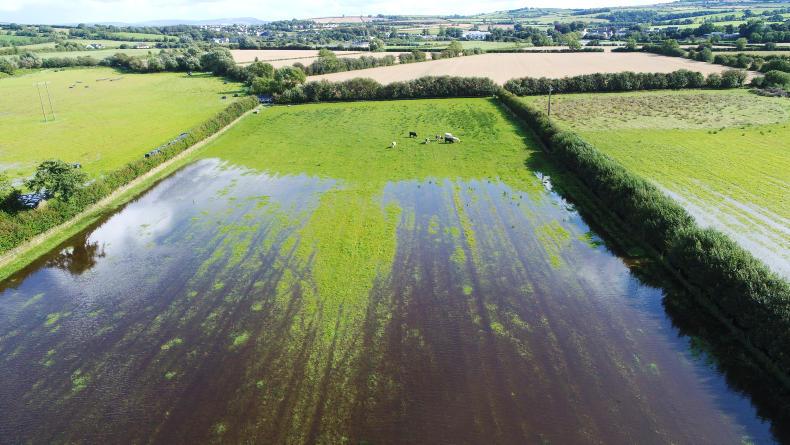
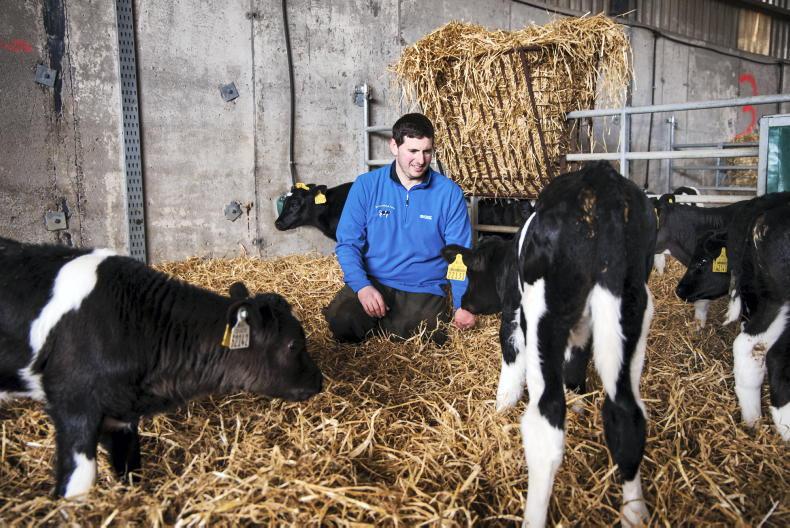

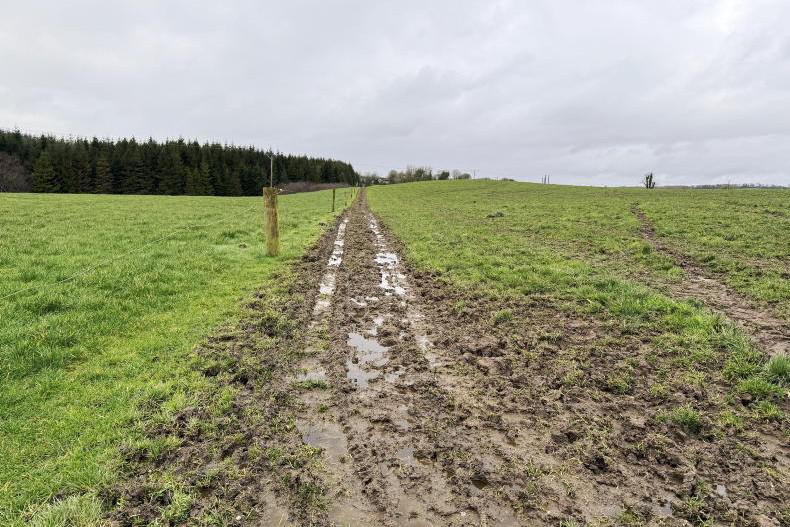
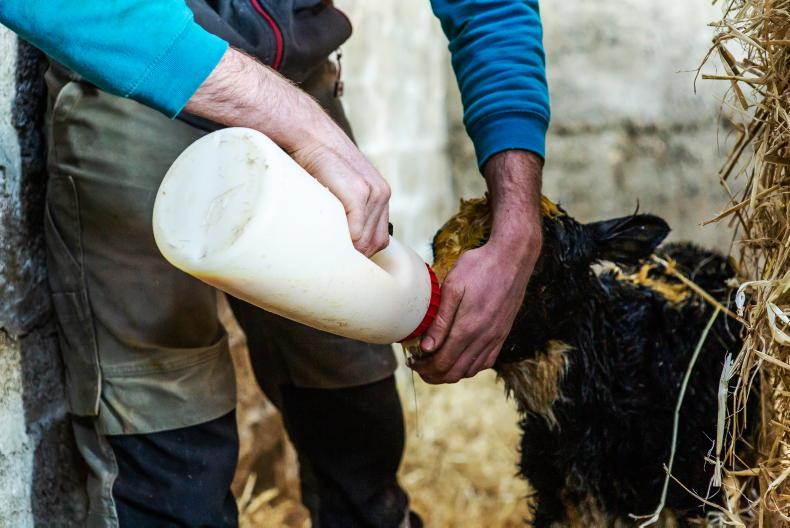
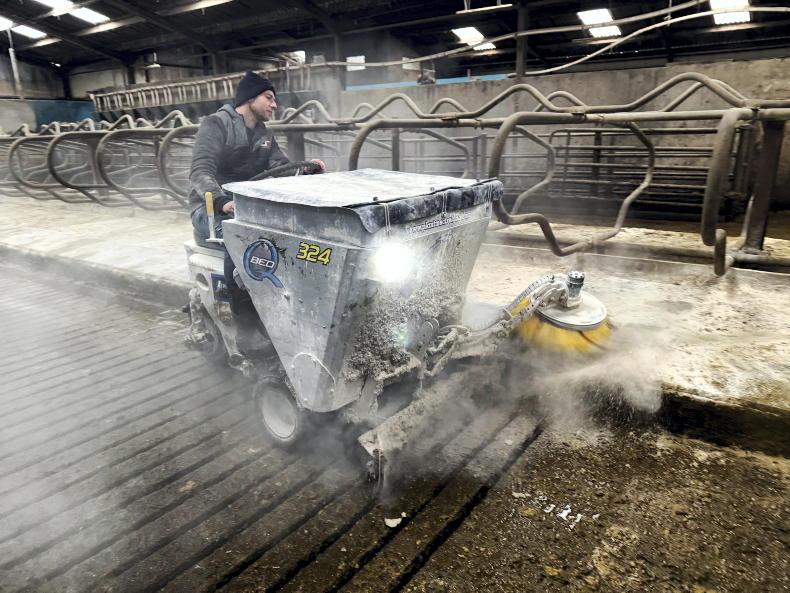
SHARING OPTIONS